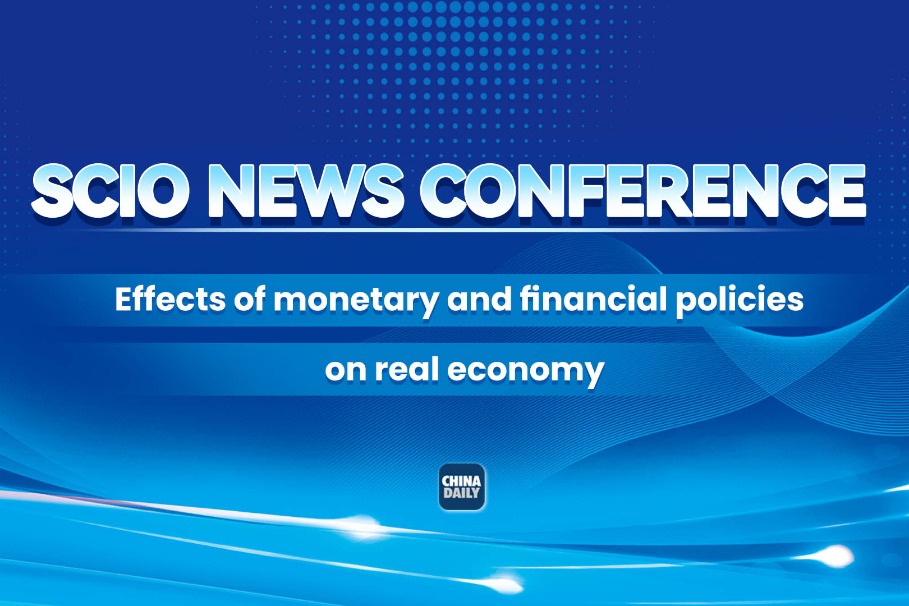Vigilance urged against intense competition
Senior official calls for modernizing industrial governance system

China's top industry regulator has issued a warning against "irrational competition" being witnessed in certain sectors, labeling it as a threat to businesses and industries, while outlining a comprehensive strategy for modernizing industrial governance and pursuing high-quality development through innovation.
Li Lecheng, minister of industry and information technology, said in a signed article published in the journal New Industrialization on Wednesday that "Cultivating industries and enterprises involves immense efforts, but irrational competition can destroy an enterprise or an industry overnight. We must never tolerate this to happen."
The comments signal a top-level push to reshape the industrial landscape as the nation navigates a critical transition from traditional growth drivers to new, more sustainable ones.
The solution, according to Li, lies in modernizing industrial governance, which he deemed essential for achieving the goals of new industrialization and building a modern industrial system. He called for "major progress" in this area during the 15th Five-Year Plan period (2026-30).
The approach must be holistic, combining root causes and systemic solutions, grounded in the new development philosophy and a people-centric mindset, Li said.
Luo Zhiheng, chief economist at Yuekai Securities, said China's campaign against rampant competition has now entered a phase of substantive implementation.
"Unlike previous rounds that focused mainly on upstream sectors such as steel and coal, the current push extends into downstream emerging industries like new energy vehicles, lithium batteries and photovoltaics," Luo said.
Production of NEVs in China jumped 35.2 percent year-on-year to 11.24 million units during the first three quarters, said the China Association of Automobile Manufacturers.
Acknowledging a critical transition in economic drivers, Li's ministry noted that while traditional economic engines are waning, new ones are still being cultivated and are not yet sufficient to fill the gap.
Li, head of the MIIT, highlighted that in 2024, the value-added of China's strategic emerging industries accounted for only about 13.4 percent of GDP, a mere "small fraction "compared to the approximately 80 percent share held by traditional industries.
"So, where will the momentum come from? It must rely on innovation and reform," Li said. He pointed to significant remaining challenges, including "blockages restricting the high-quality development of industry and informatization, difficulties affecting the vitality of business entities, and risks endangering industrial security", stating that these represent both a heavy reform task and substantial potential.
With China's industrial production scale already vast — some product outputs even exceed 60-70 percent of the global total — and the arrival of a graying demographic inflection point, Li said that traditional industries like steel and cement have peaked. The old model of expansion based on "low prices and high volume" has become unsustainable.
Instead, China must "prioritize quality and win through excellence", enhancing the quality and efficiency of the manufacturing supply system. "High-quality supply should create and lead demand," Li said, thereby continuously expanding new development spaces. The future lies in aligning with the trends of high-end, intelligent and green development.
This requires shifting the focus of manufacturing from scale expansion to value creation, increasing the value-added proportion, and moving toward both ends of the "smile curve "and up the value chain.
Today's Top News
- How China-Africa partnership spurs Global South modernization
- PBOC cuts rates on targeted monetary tools
- Legal tools essential for AI regulation
- All parties urged to exercise restraint on Iran situation
- Denmark rebuts Trump's Greenland security claims
- China, Canada vow to enhance bilateral ties






























